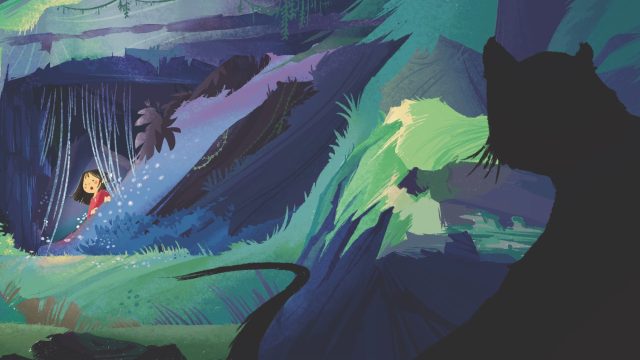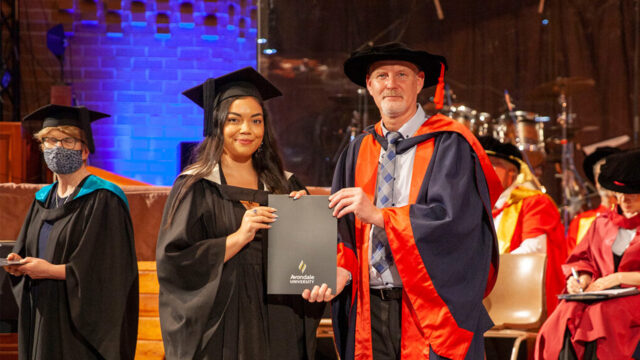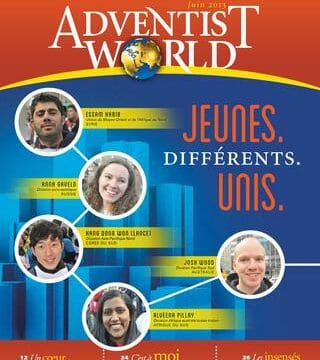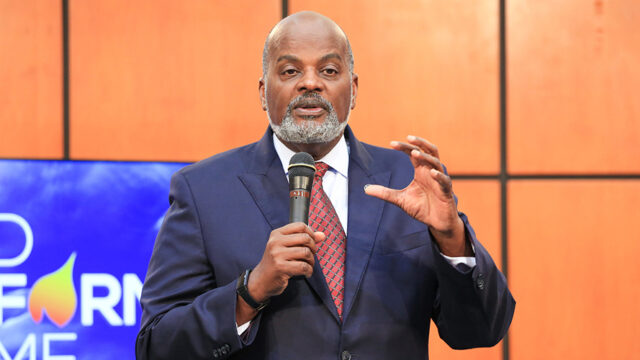When He sends us somewhere, He promises to be right with us.
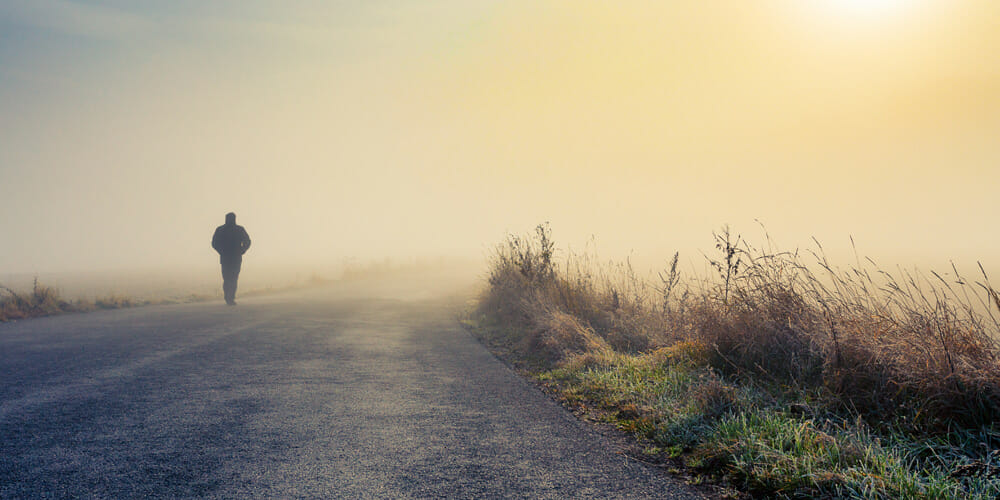
Our vehicle jerked to a stop as my husband swerved behind a parked car to allow the oncoming traffic to pass on the narrow street. Where were we? Why were the streets so small and crowded, and yet people still parked freely on either side? Where was the shopping center we were looking for? The tension mounted as the light faded and the battery on the cell phone/GPS drained lower and lower.
We had arrived in Lebanon only a few weeks earlier to work at Middle East University. We were in need of basic provisions as we prepared to move out of the campus guest rooms and into our own apartment. The busy school schedule left little time for essentials, much less the luxury of leisurely shopping, so we had been hoping to find what we needed quickly and hurry home.
“We need to turn left at the next intersection.” Ron’s voice brought me back to the present as he handed me the cell phone and pulled out from our temporary parking spot. The map seemed clear enough; however, the roads always seem narrower and more clogged with traffic in real life than what was shown on the map. But alas, the “next left” was an overpass, and it flew by without any opportunity for turning.
After several other detours and 45 minutes of seeing parts of Beirut I hope to never see again, we finally arrived at our destination and were able to go about our shopping. We found the cleaning supplies, staples for setting up the kitchen, and even a vacuum cleaner, which had the added bonus of being on sale. In one of those serendipitous moments, we even discovered the shopping center had a place where we could recharge our cell phone while we shopped. God’s way of taking care of details is amazing! Soon we had accomplished our mission and were ready to return home. By now, of course, dusk had given way to complete darkness.
Having experienced the challenges of city streets and traffic and the lack of accuracy of the GPS in guiding us to our destination, I braced myself as we got into our car for the return trip. The darkness certainly didn’t make things easier. True to form, there were many miscues and U-turns, but on the bright side of things, at least we saw a different part of town than we had on the outbound journey.
Searching for Landmarks
Middle East University, where we serve, sits atop a beautiful hill with a breathtaking view of the city of Beirut and the Mediterranean Sea behind it. One of the oldest cities in the world, the area was settled some 5,000 years ago, and there are letters from the fourteenth century B.C. written to an Egyptian Pharaoh calling it “Biruta.” In this beautiful setting, the roads begin to make more sense. Most of them were built long before modern traffic jams were a problem. Without cars, the narrow streets were no concern. Nor was parking an issue then, as it is now. But driving in this modern metropolis today, with its narrow, one-way streets and irregular intersections, holds many challenges, particularly for the uninitiated and easily confused.
Once on the main highway, I began to relax a little as a few familiar landmarks whizzed by. But there was always that stretch of road between the highway and the familiar winding path up the mountain leading to the university. Every time we crossed that area, it looked different. Navigating it in the dark was particularly challenging, especially for me. As Ron turned this way and that, following some interior logic known only to males and homing pigeons, I again felt my blood pressure rising. How would I ever learn to find my way in this place that we now called home?
Then I saw it. There in the triangle-shaped intersection near the base of our hill was a tall reconstruction of Christ on the cross. Even at night it was bathed in light. My tension eased as I realized I could find my way home from here. Then a sense of wonder completely erased the tension as I realized this has always been the case. If we can find our way to the foot of the cross, we can always find our way home from there. Even in a strange, new country, the cross of Christ makes us brothers and sisters—family. Everything makes sense and falls into place if only we can see Christ.
In this new and confusing place, this simple lesson of trust has helped me to settle in and feel at home. Of course, there are challenges and stresses in living overseas in a new country. But there are also blessings in abundance. Not surprisingly, the people here are wonderful, the food is delicious, and the climate is—well, Mediterranean. But there are also centuries-old tensions in the Middle East. There are incredible needs among the refugees, who come from war-torn Syria and from other nearby countries because of unrest. There are profound needs at the university where we work. There are nearly impossible challenges as we attempt to share the gospel in this part of the world, where only an estimated 3 percent of the population is Christian.
But it doesn’t matter what the situation is around us. I am reminded of Exodus 4:11, 12, which tells of Moses’ apprehension at the immense task laid before him—one he felt completely incapable of fulfilling. “The Lord said to him, ‘Who gave human beings their mouths? Who makes them deaf or mute? Who gives them sight or makes them blind? Is it not I, the Lord? Now go; I will help you speak and will teach you what to say” (NIV).
No matter where we go on God’s errands, our needs are God’s opportunities, and all His biddings have already been worked out in His plan. God has given us a job to do, and He has promised to help us along the way. The unrest in this region has turned into unique opportunities to spread the gospel. Our inadequacy as a tiny church in a huge place has forced us to depend on God, which is not a bad thing, really.
And we have this reminder every time we drive home: Christ, lifted up on the cross. That is our guide, our landmark. It doesn’t matter where we are from or where are going to. As long as we can see the cross of Christ, we know where we are: we are almost home. n
Shawna Vyhmeister, Ph.D., is professor and research director at Middle East Univeristy, Beirut, Lebanon.




